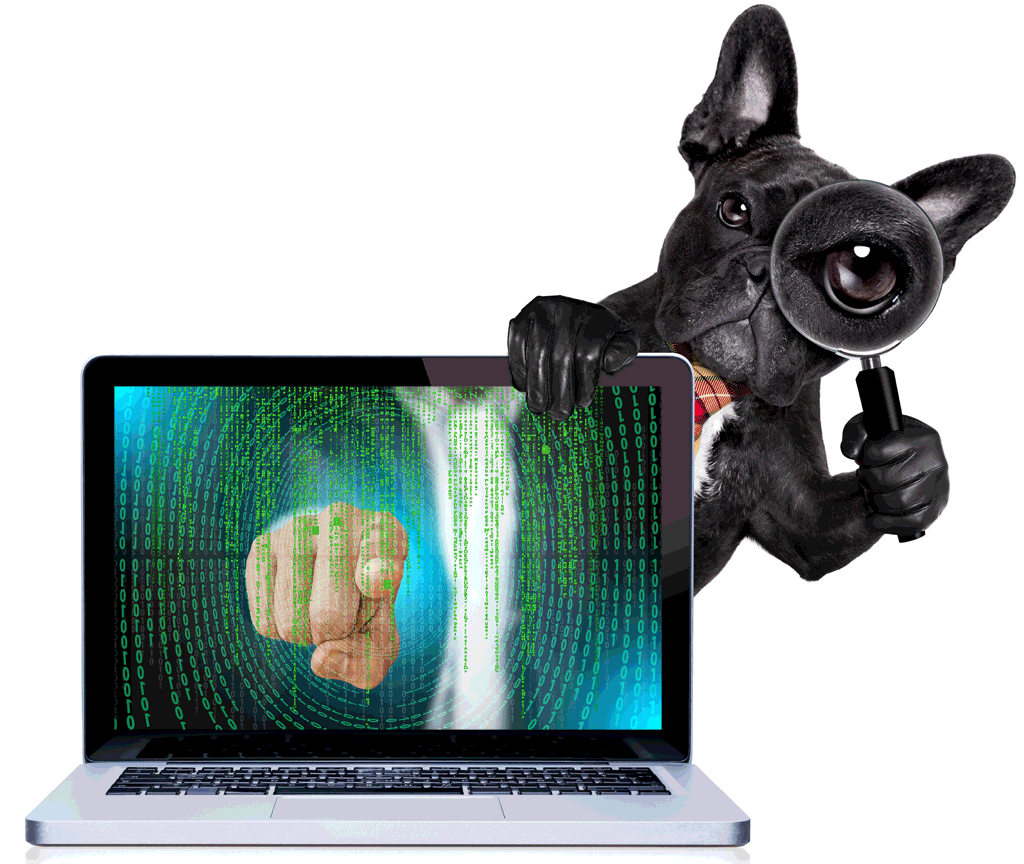What is cyber security and why should you care about it
Cybercrime is anticipated to grow by 15 percent annually over the next five years, reaching $10.5 trillion USD annually by 2025 (1). In other words, cyber security, or the practice of protecting electronic information from unauthorized access or theft, should be on everyone’s radar since we are increasingly reliant on technology. This includes everything from personal data like credit card numbers and social security numbers to confidential business information. It’s critical to be cautious about protecting our information when so much of our lives take place online. Cybercriminals are becoming more sophisticated, and data breaches are becoming more common. In the past year, threats have more than tripled and show no signs of slowing down. According to PaloAlto Network’s research team, attacks increased by 15% from 2020 to 2021 – a record high. (2). By understanding the basics of cyber security, we can all take steps to protect ourselves from becoming victims of identity theft or other online crimes.
The different types of cyber attacks and how to protect yourself from them
There are many different types of cyber attacks, and each one can be damaging in its own way. One of the most common types of attacks is known as phishing. This occurs when hackers send out emails that appear to be from a legitimate source, such as a bank or online retailer. The email will often contain a link that takes the user to a fake website, where they are then prompted to enter personal information such as their login credentials or a credit card number. A variant of this is Smishing, where you get a text message with a link that leads you to a fake website.
Another type of attack is known as malware. This is where malicious software is installed on a user’s device without their knowledge either through a phishing email/text message or from the criminal exploiting a known vulnerability. Once installed, the malware can be used to track the user’s activity, steal sensitive information, or even take over the device completely.
Another type of attack may encrypt the computer so it’s unusable unless you pay a ransom, which is known as ransomware. This, like malware can also be carried out via phishing or from exploiting a known vulnerability.
There are many steps that users can take to protect themselves from these and other types of cyber attacks. These include being cautious about what emails or text messages and links they click on, installing reputable antivirus security software, and keeping their operating system and other software up to date. By taking these precautions, users can help to keep themselves safe from the damaging effects of cyber attacks. IBM reports almost all companies have had a data breach at some point. Usually, it happens more than once. They advise when you detect, respond to, and recover from threats, it is better to do it quickly (3).
How to create strong passwords and keep your information safe online
In the age of digital information, it’s more important than ever to keep your data safe. One way to do this is by creating strong passwords that are difficult for hackers to guess.
Here are a few tips for creating strong passwords:
- Use a mix of upper and lowercase letters, numbers, and symbols.
- Avoid using easily guessed words or personal information like your birthday.
- Make your password at least 8 characters long.
- Use a password manager to help you keep track of your passwords and make them even stronger by using their password generators.
- Every website you have an account on should have a different password. Do not reuse passwords, because a cybercriminal will attempt to reuse your passwords everywhere until they get in.
By following these tips, you can help keep your data safe from hackers and other online threats.
What to do if your computer is hacked or you lose your data
The computer is an essential part of our lives, and losing access to them can be a frustrating and even scary experience. If your computer has been hacked, there are a few steps you should take to secure your information and regain control of your device. First, change all of your passwords, both on your computer and on any other accounts that may be linked to it. Next, run a virus scan to check for any malicious software that may have been installed on your system. Finally, contact your anti-virus provider or a computer technician to help you troubleshoot the issue. If you have lost data, such as photos or important documents, you may be able to recover it by using data recovery software. However, if the data is irreplaceable, it is important to create regular backups so that you can avoid this type of loss in the future.
Tips for parents on keeping their children safe online
The internet can be a wonderful resource for children, providing them with access to information and opportunities for learning and exploration. However, it can also be a dangerous place, and parents need to take steps to ensure that their children stay safe online. One of the most important things parents can do is to keep the lines of communication open. Talk to your children about their online activities, and let them know that they can come to you with any concerns or questions. It’s also important to monitor their internet use and to set clear guidelines about what sites they are allowed to visit and what information they are allowed to share. By taking these precautions, parents can help their children make the most of the internet while staying safe.
Protecting your business from cyberattacks
Businesses of all sizes are increasingly reliant on technology, which has created new opportunities for cybercriminals. A cyber attack can have a devastating effect on a business, causing disruption, data loss, and reputational damage. Security Magazine reports since cybercrime’s creation, it has increased annually with no foreseeable decrease in its growth, leaving individuals and organizations feeling very stressed (4). Despite this, many businesses do not have sufficient security measures in place to protect themselves. There are a number of steps that businesses can take to reduce the risk of a cyber attack, including keeping computer software up to date, creating strong passwords, encrypting data, creating and testing regular backups of irreplaceable data, and installing firewalls. Additionally, training employees about Phishing attempts and deleting or inactivating employees’ credentials once they are no longer employed by you will pay dividends in the long run. By taking these simple measures, businesses can greatly reduce the chances of becoming the victim of a cyber attack.
Cybersecurity is a critical issue that we all need to be aware of. By understanding the different types of cyber attacks and how to protect yourself from them, you can help keep your information safe online. Creating strong passwords and being vigilant about where you share your personal information are just a few ways to stay safe online. If you do experience a cyber attack, know what to do, and don’t hesitate to reach out for help. And finally, parents should take some time to learn about how to keep their children safe online. There are many resources available to help make sure your kids are using the internet in a responsible way. As technology advances, so does the risk of cyber attacks. It is important for everyone – individuals, businesses, and governments – to be proactive in protecting themselves from these threats.
Sources:
(2) PaloAltonetworks, October 5, 2022. “2022 Unit 42 Network Threat Trends Research Report.”
(2) IBM, October 5, 2022. “Cost of a data breach 2022.”
(3) Security Magazine RSS, January 24, 2022. “The new narrative: Cybersecurity in 2022.”

